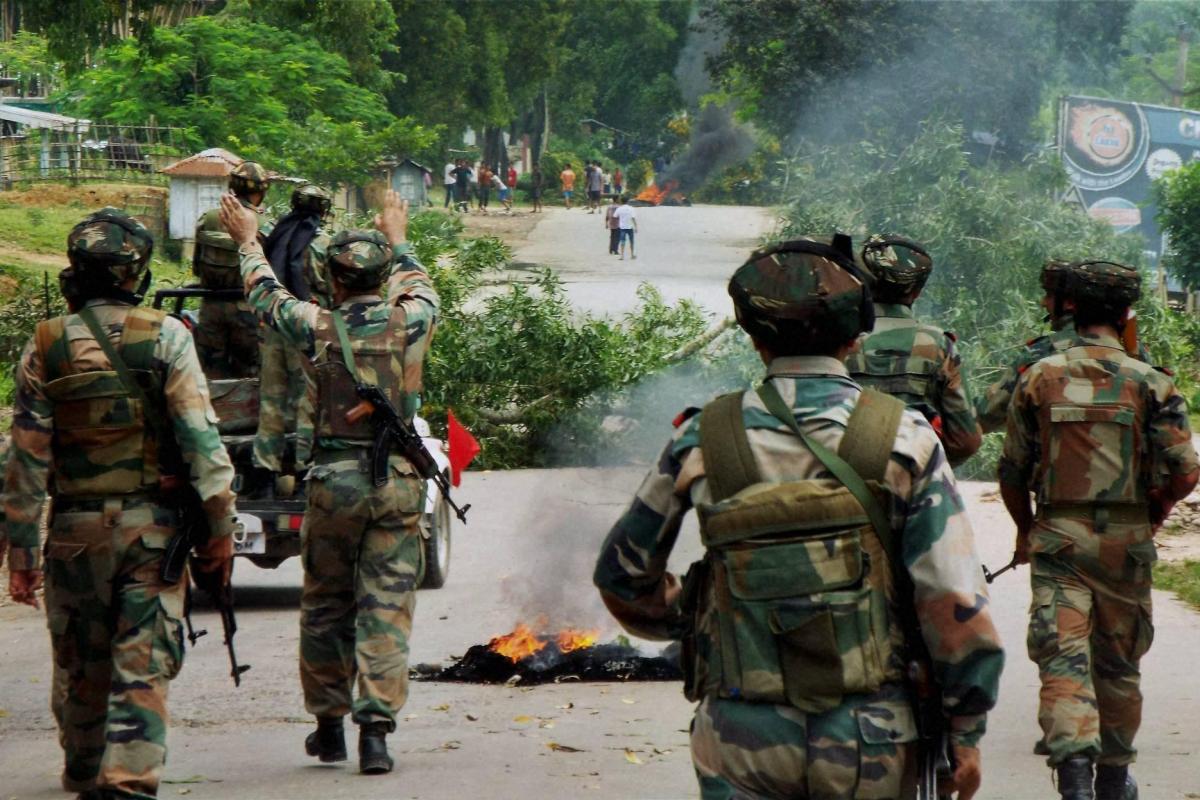
Govt declares entire Nagaland 'disturbed area' under AFSPA till Dec
The Centre on Tuesday (June 30) declared the entire Nagaland as a "disturbed area" for a further period of six months till December-end.

The Centre on Tuesday (June 30) declared the entire Nagaland as a “disturbed area” for a further period of six months till December-end.
In a notification, the Home Ministry said the central government is of the opinion that the area comprising the whole Nagaland is in such a disturbed and dangerous condition that the use of armed forces in aid of the civil power is necessary.
“Now, therefore, in exercise of the powers conferred by Section 3 of the Armed Forces (Special Powers) Act, 1958 (No. 28 of 1958) the central government hereby declares that whole of the said State to be a ”disturbed area” for a period of six months with effect from 30th June, 2020 for the purpose of that Act,” the home ministry said.
Nagaland has been under the coverage of the Armed Forces (Special Powers) Act (AFSPA) for almost six decades and it was not withdrawn even after a framework agreement was signed on August 3, 2015, by Naga insurgent group National Socialist Council of Nagaland (Isak Muivah) General Secretary Thuingaleng Muivah and government interlocutor R N Ravi in the presence of Prime Minister Narendra Modi.
Related news: Is Nagaland turning its back on stranded citizens to maintain COVID-free image?
The decision to maintain the status quo in Nagaland regarding coverage of AFSPA, a law slammed by many civil society groups as “draconian”, came amidst reports of deteriorating law and order situation there.
The AFSPA gives the armed forces sweeping powers to search and arrest, and to open fire if they deem it necessary for “the maintenance of public order”.
Under Section 5 of the AFSPA, special powers are given to the Armed Forces — Any commissioned officer, warrant officer, non-commissioned officer or any other person of equivalent rank in the armed forces may, in a disturbed area, —
- if he is of opinion that it is necessary so to do for the maintenance of public order, after giving such due warning as he may consider necessary, fire upon or otherwise use force, even to the causing of death, against any person who is acting in contravention of any law or order for the time being in force in the disturbed area prohibiting the assembly of five or more persons or the carrying of weapons or of things capable of being used as weapons or of fire-arms, ammunition or explosive substances;
- if he is of opinion that it is necessary so to do, destroy any arms dump, prepared or fortified position or shelter from which armed attacks are made or are likely to be made or are attempted to be made, or any structure used as a training camp for armed volunteers or utilised as a hide-out by armed gangs or absconders wanted for any offence;
- arrest, without warrant, any person who has committed a cognizable offence or against whom a reasonable suspicion exists that he has committed or is about to commit a cognizable offence and may use such force as may be necessary to effect the arrest; and
- enter and search without warrant any premises to make any such arrest as aforesaid or to recover any person believed to be wrongfully restrained or confined or any property reasonably suspected to be stolen property or any arms, ammunition or explosive substances believed to be unlawfully kept in such premises, and may for that purpose use such force as may be necessary.
Related news: Civil society groups, officials, Oppn decry AFSPA extension in Nagaland
(With inputs from agencies)


